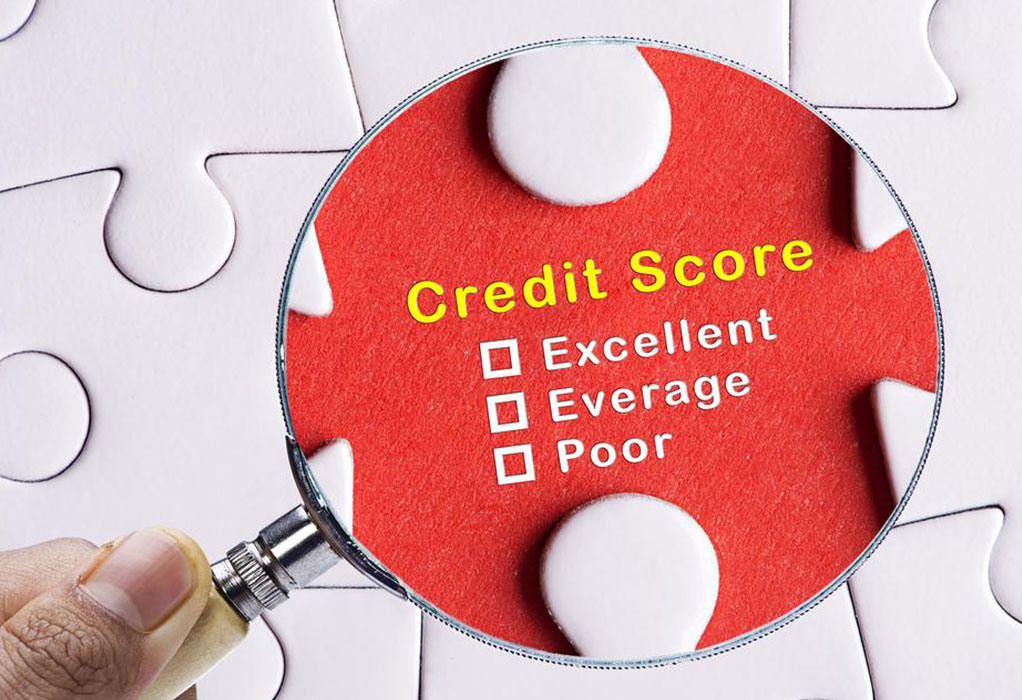Things to know about free credit score
A credit score represents a person’s creditworthiness through numeric representation. It is a three-digit number assigned to a person regarding previous credit history of that individual. It’s basically assigned by a credit report information usually obtained from credit bureaus. It plays an important role to understand a consumer’s overall financial situation and helps the lenders such as bank and credit card companies to know a person’s past credit records and whether he qualifies for a credit card or a loan.

A credit score is based on the credit report of a person. The credit report is prepared by credit bureaus. Credit scores range from 300 to 850 and 850 is the highest score that a person can achieve. Buyers can achieve higher credit scores by keeping a long credit history of paying credit card bills on time and also by maintaining a low amount of due. The higher scorer is considered as a more financially trustworthy person, and he will be qualified to achieve lower interest rates. Lower the credit score there is more difficult to apply for a loan, even a credit card, purchase or rent a car and rent or buy a home. There are ways one can find the credit score for free.
While calculating a credit score, five elements are analyzed – the history of payment, total debt amount, new credit, types of credit used and length of credit records. To generate a credit score, a person’s six months payment history contributes enough data. Income is not adjudged when a credit score is calculating by the major credit bureaus.
There are many credit bureaus or consumer reporting agencies in the USA, these credit bureaus collect credit-related information from the creditors. Each of the major credit bureaus accumulates credit information, but they do not share the information with each other. These credit bureaus follow some methods of calculating credit scores are called credit scoring methods and these methods are responsible for determining credit scores of a consumer. There are many different credit scoring methods available, among them, FICO score and VantageScore are two widely popular free credit score calculating methods. These credit scoring methods are accessible through the credit bureaus, there are dozens of credit bureaus across the country, but only a few are widely popular among the consumers and lenders.
FICO score:
In the year 1989, FICO developed FICO score, earlier it was known as the Fair Isaac and Corporation. FICO controls a huge majority of the credit score market in the USA. By consumer’s credit files of the three national credit bureaus – Equifax, TransUnion and Experian the FICO model provides free credit scores and credit reports to the huge majority of banks and credit grantors. FICO score may vary, it’s based on the information provided by the different bureau to generate the score since different bureaus provide different information for the same consumer’s credit file.
There are many versions of FICO score are available, and the most widely used version is FICO score 8. Further, FICO score versions are prior base FICO scores versions, industry-specific – auto versions and industry-specific – bankcard versions. The numerical range for Industry specific FICO Score is 250 – 900, and for the base, FICO score is 300 – 850. To get a FICO Score it’s necessary to have at least one account, and the account has been opened for six months or longer. Also, need at least one account that has been reported to the credit bureau within the previous six months.
VantageScore:
VantageScore is another most commonly used consumer’s free credit score calculating model jointly generated and owned by the three national credit reporting companies – TransUnion, Equifax, and Experian, earlier it was maintained by VantageScore Solutions, LLC founded in the year 2006. VantageScore method uses statistical analysis on the credit information to forecast the probability a consumer will default on a loan. Credit.com, Credit Karma, CreditSesame.com and CreditWise program from Capital One – these four free credit score report websites allow consumers free access to VantageScore 3.0 credit scores from all three credit bureaus. VantageScore is also a three-digit number, and the higher score indicates lower risk. The numerical range used in first two VantageScore models – VantageScore 1.0 and VantageScore 2.0 of 501 to 990 but the model VantageScore 3.0 released in 2013 choose the range of 300 to 850.
Although both methods – FICO score and VantageScore are used for the same purpose for calculating free credit scores, they are different from each other in various ways because both use different owner analytical techniques.